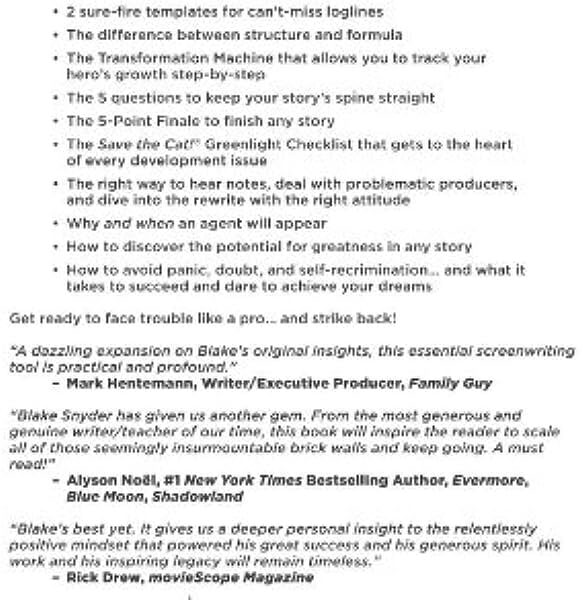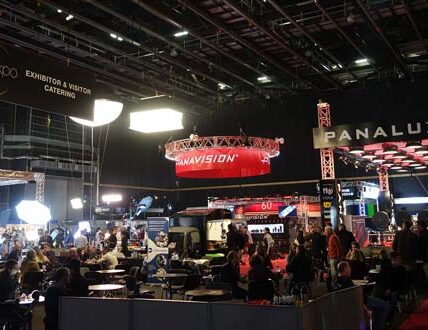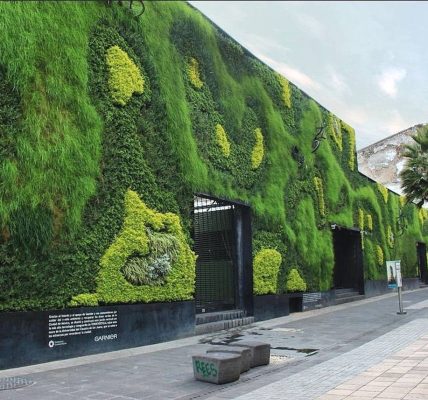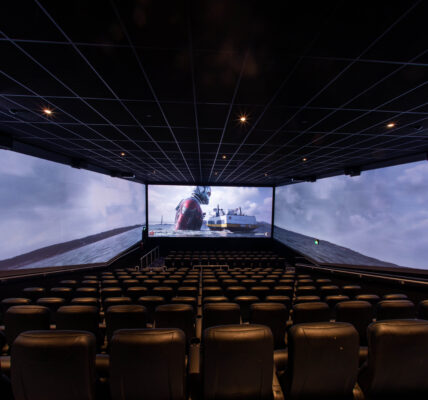Scriptwriters and cinematographers don’t seem obvious bedfellows; after all, writers write then directors take over and visualise the ideas that the writer has committed to paper.
The two may see things very differently and as cinema is-erroneously, I believe-considered a director’s medium, the writer is downgraded, even though it might have been their original vision that raised the finance and attracted the actors and director.
I recall an extract from a book about the prolific filmmaker Alexander Mackendrick (Alexander Mackendrick on Film-Making, edited by Paul Cronin) that I selected for ScriptWriter (now www.twelvepoint.com), because it was riveting in its precise analysis about the relationship between writer and camera. As Mackendrick explains, ‘… a writer’s ability to do his job is severely curtailed if he has only a superficial knowledge of how cinema functions as a medium.’ This means that writers should know what directors and DoPs know; they should understand the play of light and impact of sound effects, and should find a way of writing them that can be clearly translated by the director and camera operators.
Writers should know what directors and DoPs know.
Indeed, one could almost think that Mackendrick was anti-writer, particularly when reading the following passage. ‘Cinematographic images, particularly when synchronised with recorded sound, deliver such quantities of visual and audible data that the verbal component is overwhelmed and becomes secondary. Consequently, the essential and underlying meaning of film dialogue is often much more effectively transmitted by a complex and intricate organisation of cinematic elements that are not only not verbal, but that can never be fully analysed by verbal means.’
I also recall being told that great actors do not count the number of lines they have in a script; rather, they look to see what there is for them to do when they are not speaking. Perhaps this is what fuels the view that cinema is primarily a director’s medium but, no matter how brilliant the director working in tandem with their DoP, there is an undeniable continuum from idea to treatment, to script to shooting script, to camera instructions to the edit suite.
It is all part of one process; the whole is greater than the sum of the parts. No one should be disrespectful of the contributions of others, even when they are wrong, because each party can be wrong. The strength is in admitting this and being mutually supportive.
I was once asked if music in film was more important than dialogue. I said I thought dialogue was more important; I now believe I was wrong. Of all the elements in the process, I also now believe that cinematography is probably the least understood by the other players, especially writers, and their scripts are the poorer for that. As Mackendrick neatly observes, ‘It is the competent director who will use the fundamentals of film grammar to turn script pages into effective cinematic sequences. By not taking into account what the camera, lighting and editing machine are able to convey to the audience-regardless of what is being said by the actors… authors explore only half the story.’











